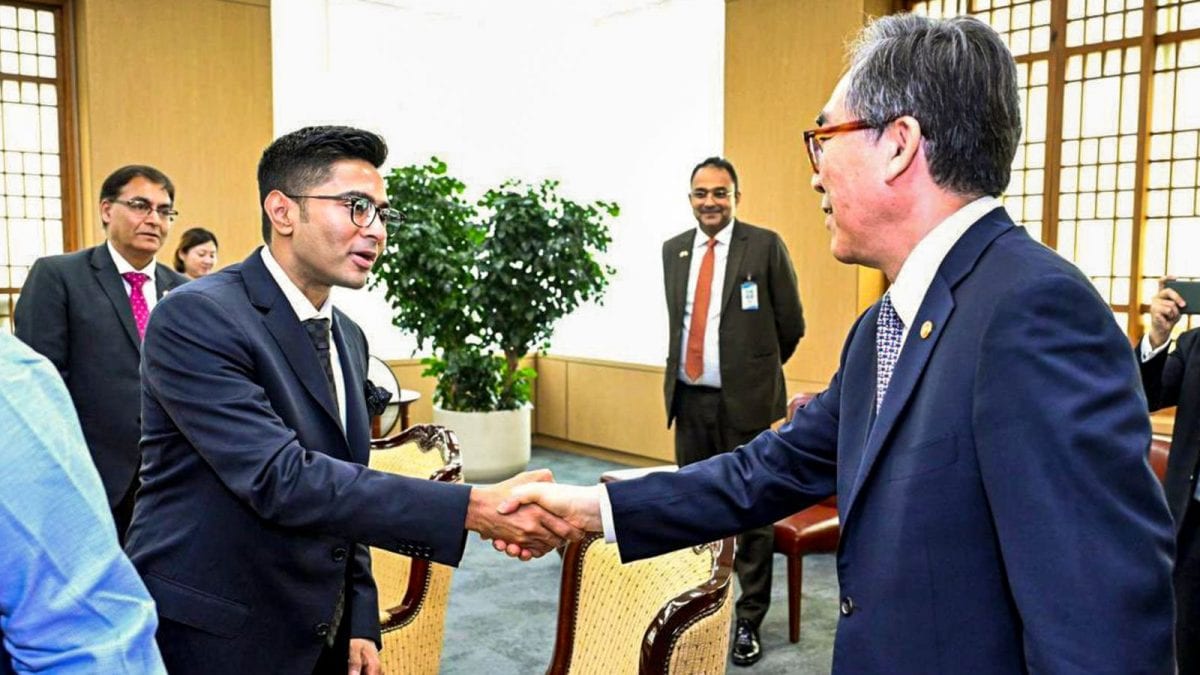As the electoral fervor engulfs Gwalior, Madhya Pradesh, the recent announcement by the Election Commission on March 16 has ignited anticipation for the upcoming Lok Sabha elections. With polling day set for May 7, Gwalior constituency braces itself for a high-stakes showdown between the Bharatiya Janata Party (BJP) and the Indian National Congress (INC), led by Bharat Singh Kushwaha and Praveen Pathak respectively.
The Gwalior parliamentary constituency in Madhya Pradesh stands as a bastion of historical significance and cultural heritage, embodying the essence of India’s diverse political landscape. This region has been witness to fierce electoral battles primarily between the Indian National Congress (INC) and the Bharatiya Janata Party (BJP), reflecting its strategic importance in state politics.
With a total of 2,000,744 electors in the 2019 elections, the constituency saw active participation from its diverse electorate, totaling 1,196,096 valid votes. BJP candidate Vivek Narayan Shejwalkar emerged victorious with 627,250 votes, defeating INC candidate Ashok Singh by a significant margin of 146,842 votes. This victory underscored the BJP’s stronghold in the region and reflected the electorate’s support for its policies and leadership.
Similarly, in the 2014 elections, out of 1,876,965 electors, BJP candidate Narendra Singh Tomar secured victory with 442,796 votes, defeating INC candidate Ashok Singh by 29,699 votes. The close margin of victory highlighted the competitive nature of the electoral landscape in Gwalior.
In 2009, with 1,420,728 electors, BJP candidate Yashodhara Raje Scindia emerged victorious with 252,314 votes, defeating INC candidate Ashok Singh by 26,591 votes. This victory showcased the enduring influence of the Scindia family in the region’s politics.
In the 2004 elections, INC candidate Ramsevak Singh (Babuji) won with 246,467 votes out of a total of 564,692 valid votes cast. He defeated BJP candidate Jaibhan Singh Pawaiya by 35,864 votes, marking a significant victory for the INC in the constituency.
In 1999, BJP candidate Jaibhan Singh Pawaiya emerged victorious with 254,486 votes out of 616,704 valid votes cast. He defeated INC candidate Chandra Mohan Nagori by 83,116 votes, consolidating the BJP’s position in the region’s political landscape.
Overall, the electoral outcomes in the Gwalior parliamentary constituency have played a pivotal role in shaping the region’s future and political dynamics. With each election, the electorate’s concerns regarding infrastructure development, employment, education, and healthcare drive the electoral campaigns, reflecting the aspirations of the people and reaffirming the principles of democracy in action.
The Gwalior parliamentary constituency in Madhya Pradesh stands as a bastion of historical significance and cultural heritage, embodying the essence of India’s diverse political landscape. This region has been witness to fierce electoral battles primarily between the Indian National Congress (INC) and the Bharatiya Janata Party (BJP), reflecting its strategic importance in state politics.
With a total of 2,000,744 electors in the 2019 elections, the constituency saw active participation from its diverse electorate, totaling 1,196,096 valid votes. BJP candidate Vivek Narayan Shejwalkar emerged victorious with 627,250 votes, defeating INC candidate Ashok Singh by a significant margin of 146,842 votes. This victory underscored the BJP’s stronghold in the region and reflected the electorate’s support for its policies and leadership.
Similarly, in the 2014 elections, out of 1,876,965 electors, BJP candidate Narendra Singh Tomar secured victory with 442,796 votes, defeating INC candidate Ashok Singh by 29,699 votes. The close margin of victory highlighted the competitive nature of the electoral landscape in Gwalior.
In 2009, with 1,420,728 electors, BJP candidate Yashodhara Raje Scindia emerged victorious with 252,314 votes, defeating INC candidate Ashok Singh by 26,591 votes. This victory showcased the enduring influence of the Scindia family in the region’s politics.
In the 2004 elections, INC candidate Ramsevak Singh (Babuji) won with 246,467 votes out of a total of 564,692 valid votes cast. He defeated BJP candidate Jaibhan Singh Pawaiya by 35,864 votes, marking a significant victory for the INC in the constituency.
In 1999, BJP candidate Jaibhan Singh Pawaiya emerged victorious with 254,486 votes out of 616,704 valid votes cast. He defeated INC candidate Chandra Mohan Nagori by 83,116 votes, consolidating the BJP’s position in the region’s political landscape.
Overall, the electoral outcomes in the Gwalior parliamentary constituency have played a pivotal role in shaping the region’s future and political dynamics. With each election, the electorate’s concerns regarding infrastructure development, employment, education, and healthcare drive the electoral campaigns, reflecting the aspirations of the people and reaffirming the principles of democracy in action.






